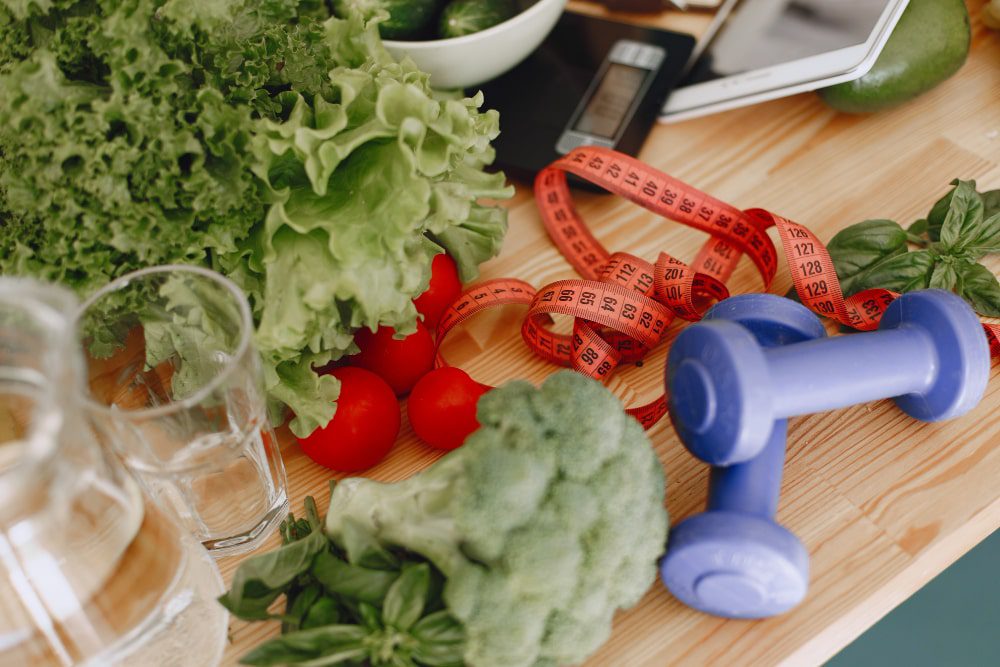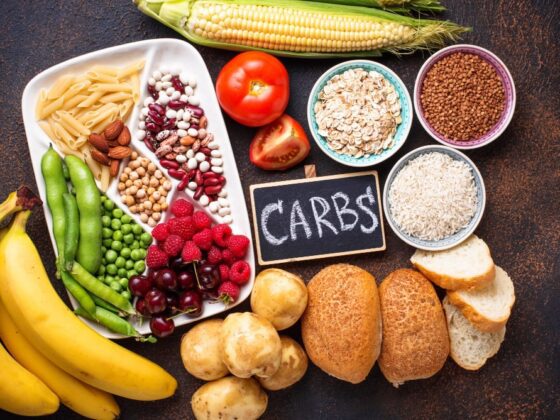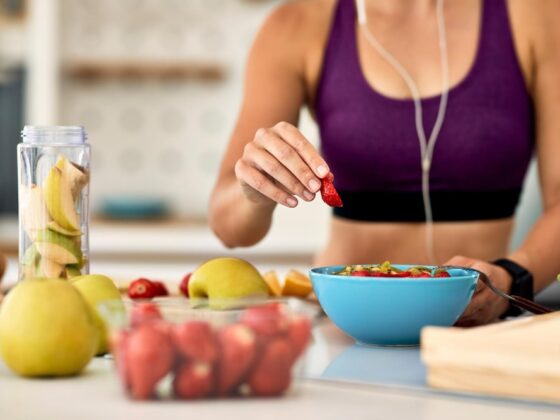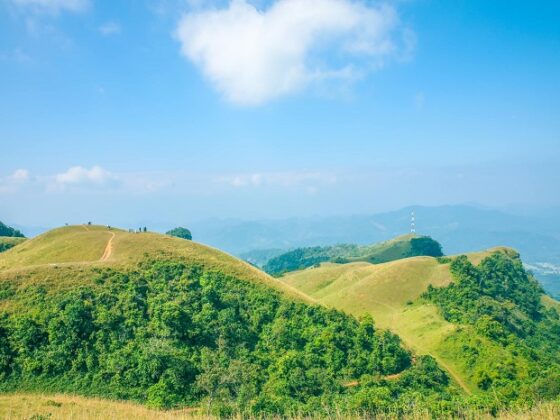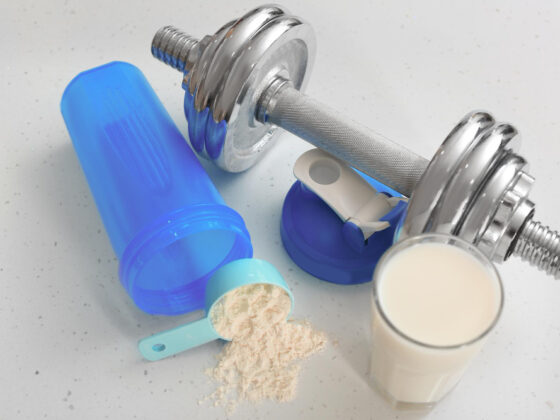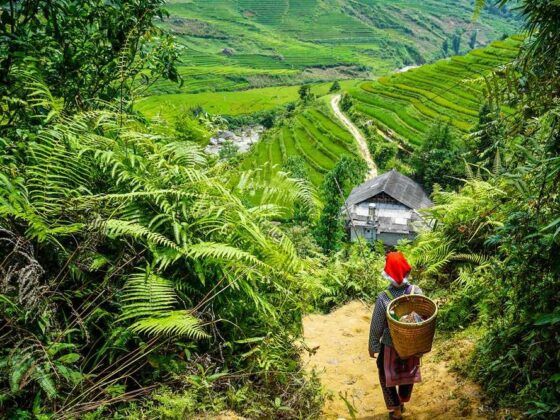Table of Contents Show
✍️ AI is summarizing:
A healthy diet is essential for overall well-being and longevity, especially for those who lead an active outdoor lifestyle. Whether you’re hiking, biking, or exploring nature, the best diet for hikers fuels your adventures and supports recovery.
Recent guidelines from the World Health Organization (WHO) and the Food and Agriculture Organization (FAO) provide valuable insights into what constitutes a nutritious eating plan. Here are five critical factors to consider when assessing the healthiness of your diet, particularly if you enjoy outdoor activities.
Related post:
- How Different Diets for Healthy Aging Promote an Outdoor Lifestyle
- Best Diet for Runners: Understanding Macronutrients and Micronutrients
- Ketogenic Diet Benefits for Women: Insights from a Nutritionist
Emphasize whole foods in the best diet for hikers
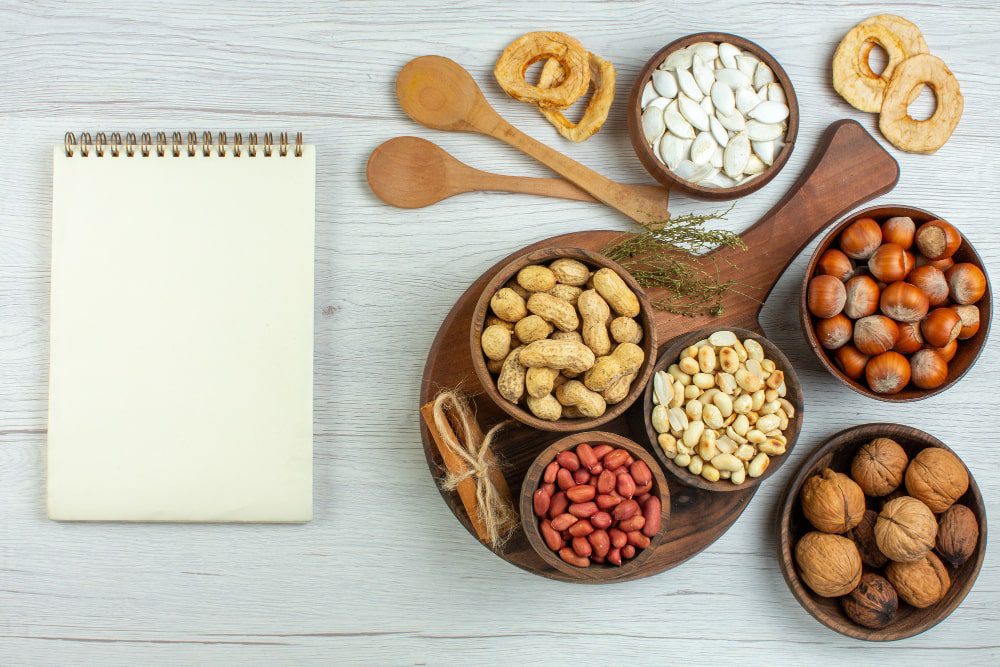
At the heart of the best diet for hikers lies the consumption of whole foods, particularly fruits and vegetables. These foods are packed with vitamins, minerals, and antioxidants that support bodily functions and reduce the risk of chronic diseases. For outdoor enthusiasts, whole foods provide the necessary nutrients for sustained energy during strenuous activities.
The WHO and FAO recommend incorporating at least 400 grams of fruits and vegetables into your daily intake. Whole grains, legumes, nuts, and seeds should also be staples, offering energy and essential nutrients that enhance performance and aid recovery after a long day of hiking or climbing.
Balance macronutrients wisely for the best diet for hikers

Understanding the right balance of macronutrients—carbohydrates, fats, and proteins—is crucial to creating the best diet for hikers. Carbohydrates should account for 45% to 75% of your daily caloric intake. For active individuals, complex carbohydrates from whole grains, fruits, and legumes are vital sources of sustained energy, helping you tackle challenging trails or long bike rides without fatigue.
Fats are also essential; aim for 15% to 30% of your daily calories from healthy fats, primarily unsaturated fats found in avocados, nuts, and fatty fish. These fats provide energy and support recovery after intense physical activity. Proteins should make up about 10% to 15% of your diet, with a mix of animal and plant sources. Plant proteins not only promote muscle repair but also support cardiovascular health, which is particularly important for those who are active outdoors.
Limit ultra-processed foods in the best diet for hikers
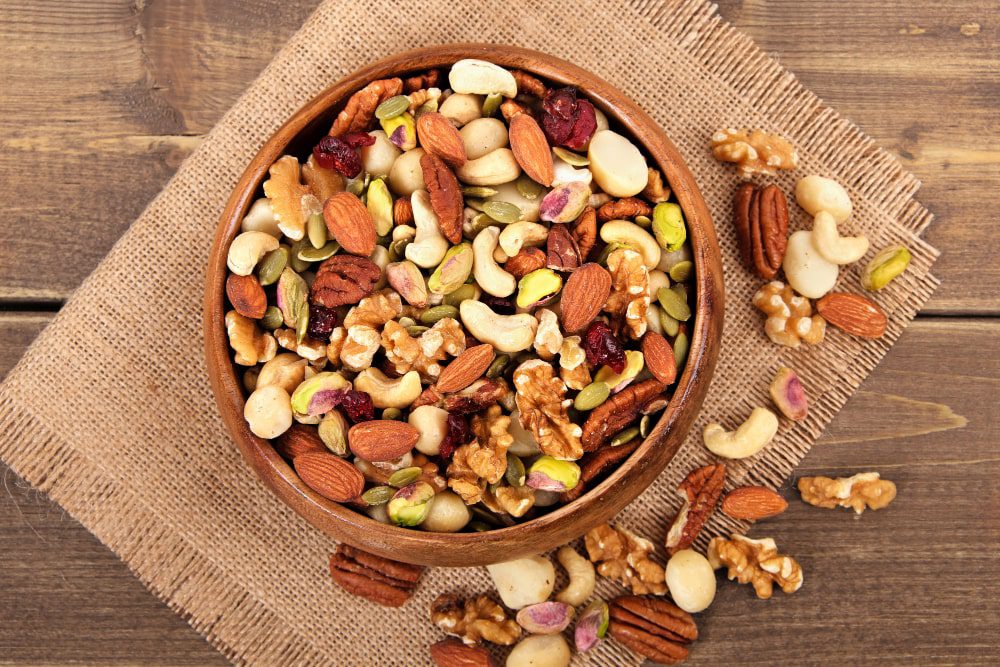
One of the most significant threats to the best diet for hikers is the high consumption of ultra-processed foods. These items, often high in added sugars and unhealthy fats, can lead to energy crashes and hinder performance during outdoor activities. The WHO and FAO advise keeping ultra-processed foods to a minimum. Instead, opt for portable, whole-food snacks like nuts, fruits, or whole-grain bars that provide lasting energy without the negative health impacts associated with processed options.
Monitor sugar and sodium intake for the best diet for hikers
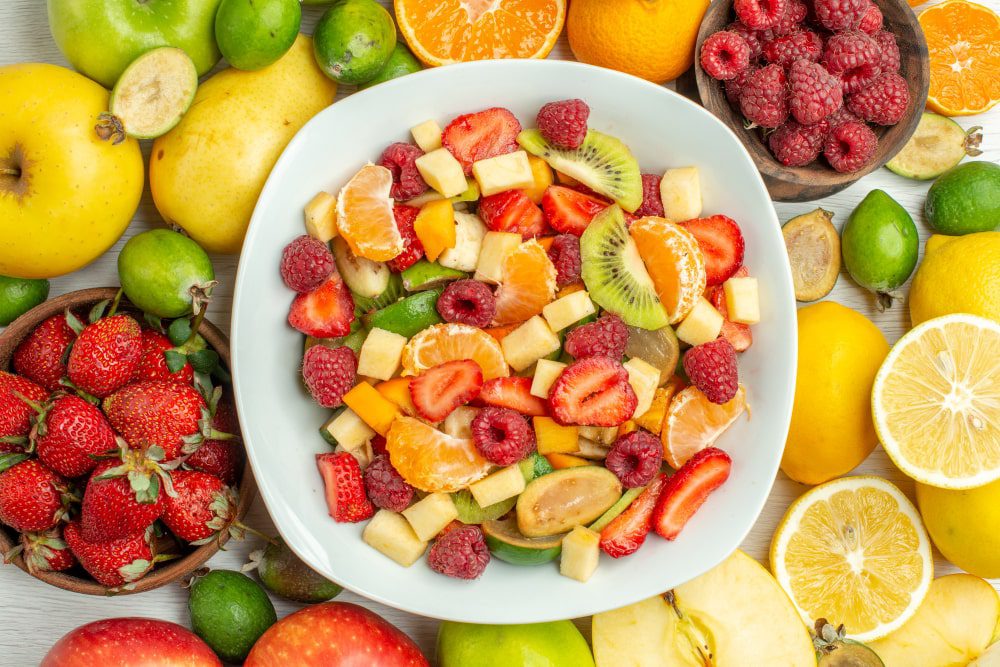
While some sugars are naturally occurring in fruits and dairy, added sugars offer little nutritional benefit and should be limited to less than 10% of your daily caloric intake. Ideally, keeping it below 5% is even better. For those leading an active lifestyle, choosing natural energy sources, like fruits, can fuel your body effectively.
Sodium intake should also be moderated; aim for no more than 2 grams of sodium per day, roughly equivalent to 5 grams of table salt. High sodium consumption is linked to elevated blood pressure and cardiovascular diseases, which can impact your stamina and overall health—key factors in the best diet for hikers.
Reduce red meat to support the best diet for hikers
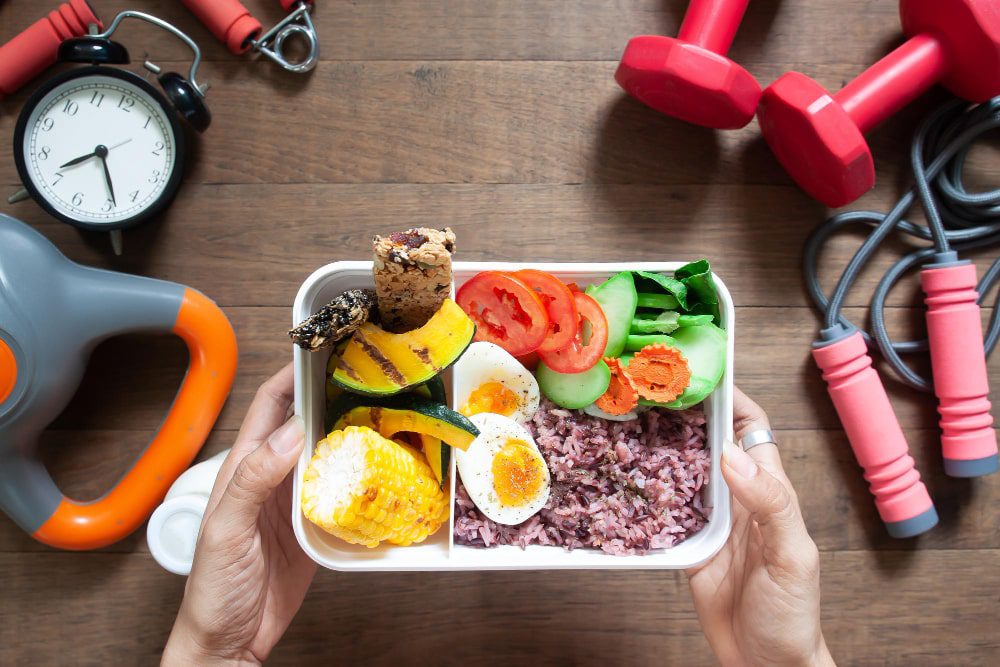
Finally, it’s essential to be cautious with red meat. Research indicates that high intakes of red meat, particularly processed types, are associated with various health risks, including certain cancers, type 2 diabetes, and heart disease. Instead, consider incorporating lean proteins like poultry, fish, and plant-based options such as legumes and tofu into your meals. These alternatives can provide the necessary nutrients for muscle repair and recovery, making them excellent components of the best diet for hikers.
Conclusion
A healthy diet is about more than just avoiding certain foods; it’s about making thoughtful choices that enhance your active lifestyle and outdoor adventures. By focusing on whole foods, balancing macronutrients, and minimizing ultra-processed items, you can create the best diet for hikers that supports long-term health and performance.
Start today by making your meals more nutritious and balanced, ensuring you’re well-fuelled for all your explorations in the great outdoors. Follow our official Facebook page now to receive more interesting information!

